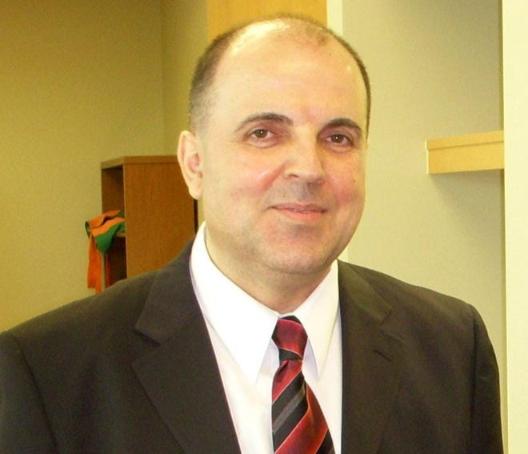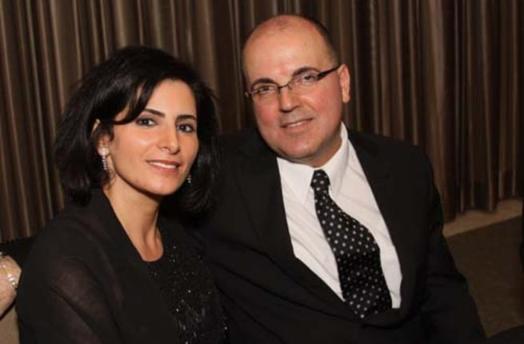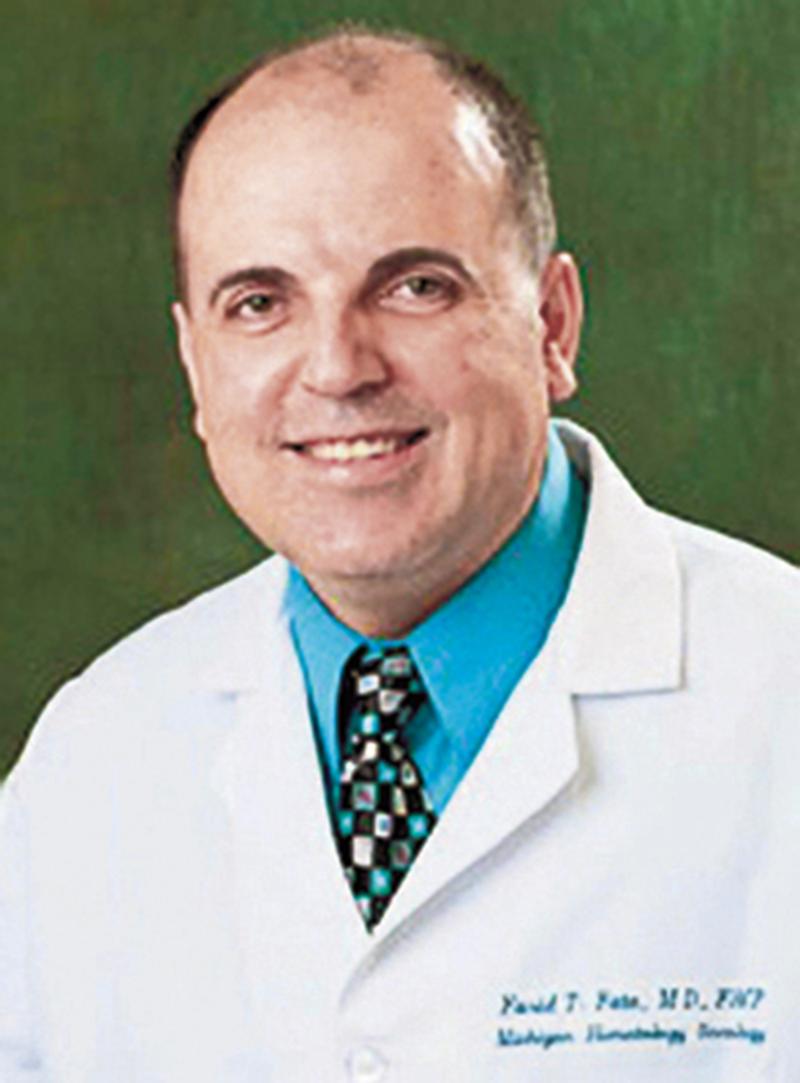NBC’s “Dateline: Do No Harm” tracks the criminal history of fraudster Dr. Farid Fata, who was found guilty in August 2013 in Michigan of counts including medical malpractice. For his financial gain, he gave his cancer patients a combination of pharmaceutical infusions and injections that could have fatal adverse effects, rather than curing or lessening their agony.
Who is Farid Fata?
In 1965, Farid T. Fata was born in Lebanon into a Melkite Catholic household. In 1992, he graduated from medical school in his home country and moved to the US to pursue a career in medical science. He completed a residency at Brooklyn, New York’s Maimonides Medical Center from 1993 to 1996. From 1996 to 1999, he worked as a hematology-oncology fellow at Memorial Sloan Kettering Cancer Center in Manhattan. From 2000 until 2003, Farid was an attending physician at Danville, Pennsylvania’s Geisinger Medical Center.
In 2003, he established Michigan Hematology-Oncology (MHO), his own clinic, at 543 North Main Street in Rochester Hills, Michigan. Over the next ten years, what began as a modest medical practice with just one doctor grew to six locations: Troy, Oak Park, Sterling Heights, Lapeer, Clarkston, and Bloomfield Hills. In April 2009, Farid obtained U.S. citizenship by naturalization. MHO had 1,700 active patients at the time of Farid’s arrest in 2013 out of 16,000 previous patients, the great majority of whom were Farid’s.
Court documents highlighted the several strategies he used to achieve this startling development. According to his business records and employee testimonials, Farid saw between 50 and 60 patients per day, with appointments spaced eight minutes apart. Before seeing them for five to ten minutes, he had non-licensed doctors with foreign medical degrees build them up, and he billed at the two highest levels for office appointments. Before being admitted, patients had to wait for several hours at a time.
Farid worked on a strategy to compete with large clinics, according to a representative of the oncology supply firm that provided the majority of his medications. In just one year, his prescription orders surged to almost $7 million and eventually $16 million. In order to meet the requirements for contractual discounts, he placed large orders at the end of each quarter. According to reports, the average physician in an oncology practice buys about $1.5 million worth of medications annually. Nevertheless, MHO only purchased $45 million for three doctors after he was jailed.
According to a sentencing memo, Farid grew his company to include United Diagnostics, a diagnostic testing facility; Michigan Radiation Institute (MRI), a radiation treatment center; Vital Pharmacare (Vital), an in-house pharmacy at MHO’s Rochester Hills location; and Swan for Life, a nonprofit organization run by social workers and grant writers and housed at MHO. Farid gained a stellar reputation as one of the top cancer doctors in the Detroit area by treating blood cancer.
The episode claimed that he carved out a reputation for himself through harsh treatment regimens that comprised administering higher dosages of chemotherapy medications more regularly; he dubbed these regimens the “European protocol.” Samar, Farid’s ex-wife, assisted him in managing the business side of his career by serving as the company’ chief financial officer and executive officer. Following an inquiry, the federal officers referred to Farid as the most heinous fraudster in this nation’s history.
Farid Fata is Still Behind Bars
Farid Fata committed offenses involving injuries to over 500 patients in addition to the millions of money he stole. Among Farid’s misdemeanors are purposefully misdiagnosing patients with multiple myeloma, giving them chemotherapy when it wasn’t necessary, misleading them about the availability of other treatments, and ordering longer infusion periods than what was recommended or medically necessary in order to maximize his reimbursement.

Soe was unable to identify any indication for the supportive care and chemotherapeutic drugs. He caught Farid lying about the clinic’s enrollment in a professional quality program, according to reports, and was immediately placed on notice. Feeling suspicious, Soe started looking into some of Farid’s other cases, which included IVIG and heavy rituximab use. He got in touch with George Karadsheh, Farid’s practice manager, during his investigation, and his assessment confirmed Soe’s concerns. On August 2, 2013, George visited the Department of Justice and underwent an interview.
The allegations presented by George and Soe, the whistleblowers, were supported by the federal agents after they spoke with many MHO employees. Farid was taken into custody and accused of 19 counts of healthcare fraud in addition to other offenses. Federal investigators found that despite being initially detained on a $170,000 bond, he and his spouse had $9 million in assets that had not yet been seized. A federal judge upped Farid’s bond to $9 million because they believed he posed a flight risk. Thousands of medical charts were seized by the Federal Bureau of Investigation.
They gathered proof that he had deceived Medicare and the patients’ insurance companies into paying $34 million in fictitious and fraudulent claims. The investigators also found that Farid invested the funds from Medicare and private insurance into his diagnostic testing facility while accepting bribes from two nearby hospices. They brought charges against him in a 23-count indictment, alleging money laundering, kickback conspiracy, healthcare fraud, and illegally obtaining naturalization. Farid chose to accept a plea bargain because he could have spent up to 175 years in prison and could even lose his citizenship.
In September 2014, he entered a guilty plea to 16 federal charges, including two counts of money laundering, 13 counts of health care fraud, and one count of plotting to give and receive cash payments and kickbacks in exchange for sending patients to a specific home health care and hospice provider. In exchange for agreeing to give up millions of dollars in assets and pay roughly $17.6 million in reparations to former patients or their families, he was sentenced to 45 years in federal prison. The 58-year-old is currently detained at South Carolina’s Federal Correctional Institution, Williamsburg, and won’t be freed until December 2050.
Being a binge-watcher himself, finding Content to write about comes naturally to Divesh. From Anime to Trending Netflix Series and Celebrity News, he covers every detail and always find the right sources for his research.










